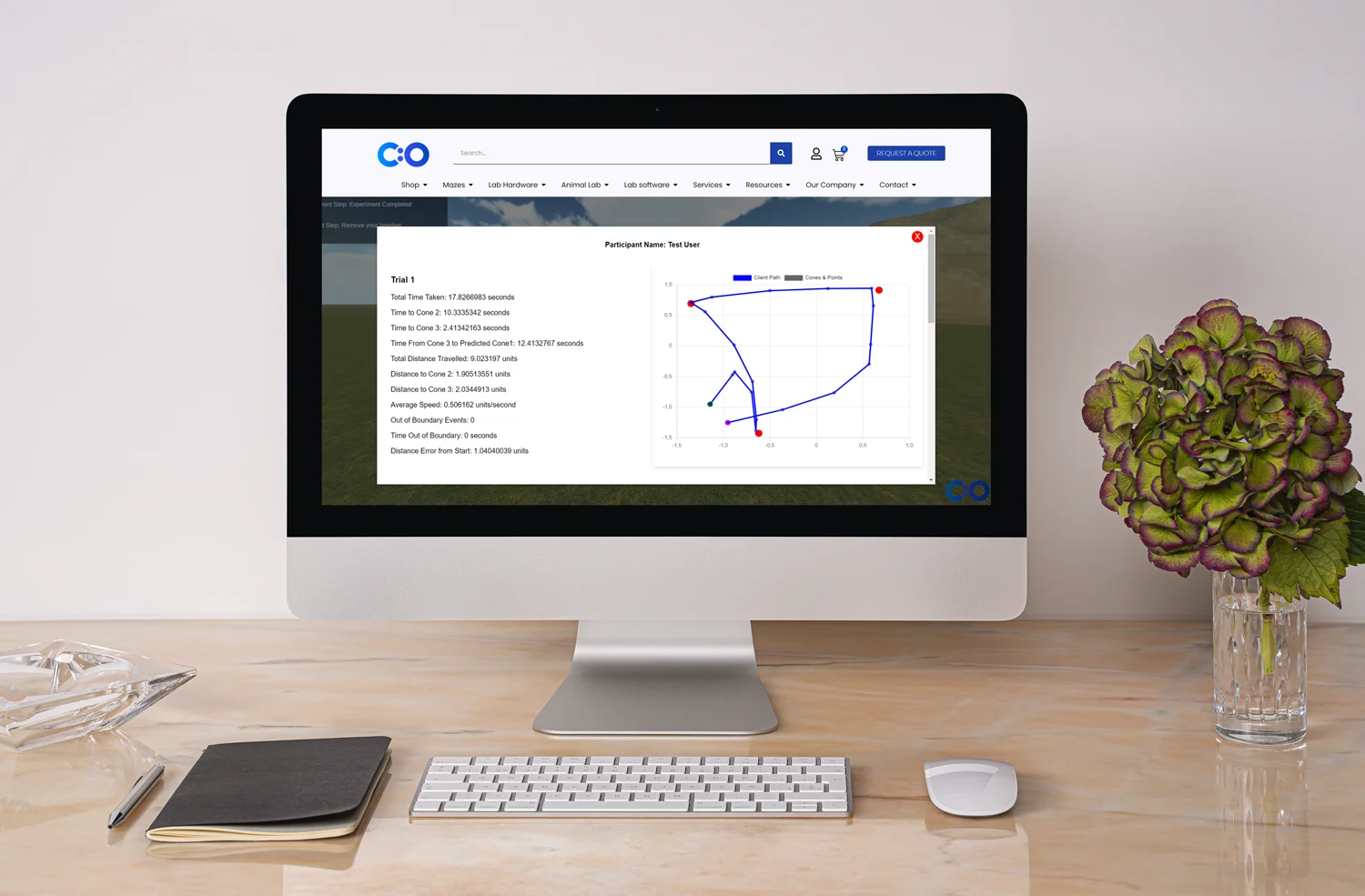

Research ideas are the core of any scientific progress. Nevertheless, planning is a fundamental step toward success within medical settings. Only a sophisticated study design can support experts during their research endeavors. Creating explicit hypotheses, employing adequate research methods, and computing statistical procedures are vital. Simply because precision can lead to meaningful results, overcome bias, and improve patients’ well-being.
That said, even the most fascinating research ideas can fail due to poor management practices and insufficient funding. To attract funding, studies must be elegant, clear, and justified (Peat, 2011). A study protocol that explains the aim of the experiment and the main research steps is a must. The following considerations are fundamental:
The most important aspect is to ensure that the intended study aspires for better healthcare and improved patient outcomes.
Aims and hypotheses: Research ideas should be clear, and hypotheses should be testable. The very first section of the protocol must be elegant as it sets the direction of the whole document. When it comes to hypotheses, three is the maximum number to ensure clarity. Note that hypotheses that are complex, or which contain multiple causes, reflect unclear thinking. On top of that, hypotheses should differ for experimental designs and descriptive studies (Peat, 2011). Experts can employ a null hypothesis, which states there aren’t any significant differences between variables, or a priori/alternate hypothesis, which states the direction of the relationship between variables. Hypotheses can be numbered to ensure readability. In the end, the significance of the study (e.g., prevention) should be explained.
Background: The background section should be intriguing and sophisticated – just like an introduction in a study journal. As a matter of fact, this section should sell the study. Most of all, experts must explain in the protocol what the study will achieve and why – with an emphasis on any new information the study may acquire. Stating personal experience in the field is also recommended. Note that topic sentences can be used to clarify short paragraphs in order to foster readability.
Research methods: Research methods should match the aims of the study, and the process should follow certain time periods. Aspects, such as recruitment, sample size, generalizability, and confounders, should be described in detail. The inclusion and exclusion criteria should be listed, which may foster repeatability. Interim analyses, stopping rules, and methods to control for confounders are also vital.
Conducting the study: Another important aspect, which tackles all details of data collection, location, observers, training, documentation, and statistics. Research steps should fulfill the aim of the study and answer the stated research questions.
Statistical procedures: Data should be collected to answer specific research questions. It’s unethical to adjust data only to get statistically powerful results. Data types, variables, and missing data should be considered and documented. The interpretation of data should also be explained in the study protocol.
Budget and staff requirements: Costs should be precise, and various research aspects, such as training, should be considered. Requests and budget should be justified – a factor which can be supported by the actual significance of the study.
Often to conduct a meaningful study, researchers have to develop a new testing tool. To establish the validity of new questionnaires and equipment and to ensure repeatability, methodological studies should be conducted. Note that many measures lack validity and lead to errors and bias. Thus, experts should not rely only on established and convenient instruments. Methodological studies focus on such issues and help researchers access high-quality data. In addition to the main checklist presented above, the following specific requirements should be considered in any methodological study protocol:
In clinical settings, studies that explore the effects of a new treatment are paramount. Experimental clinical studies aim to answer questions related to efficacy and effectiveness. Thus, such studies require high levels of precision. Note that in clinical trials and case-control studies, the selection criteria and allocation process play a crucial role in the generalizability of the results (Peat, 2011). Below are some additional steps to the core checklist, which clinical studies and protocols should follow:
The relationship between exposures and outcomes is paramount in healthcare. Thus, epidemiological studies are vital. They are used to measure incidence and prevalence and to assess the effects of all environmental interventions. Here, the sample size is essential as many studies compare populations or subgroups over time (Peat, 2011). Precision is needed to ensure generalizability. When it comes to epidemiological studies, in addition to the main checklist, experts should consider the following specifics:
While ambitious ideas make the world of science spin, funding is the main aspect that can bring innovations into practice. Obtaining funding is a challenging task, though. In order to get funding, research projects should be clear and clinically beneficial. In addition, application protocols should be beautifully prepared and presented (Peat, 2011).
Preparing a good application requires lots of patience, teamwork, and persistence. Paperwork can be burdensome but vital. Having a reliable team can help researchers prepare a grant application. Front-and-back pages (e.g., budget, bibliographies, ethics, signatures) should not be underestimated, and deadlines should not be taken lightly. Note that peer review and editing can be time-consuming.
When it comes to peer review, internal and external peer review can only benefit a grant application. The best option is to consult people who have been involved in research and grantsmanship. On top of that, the application should be presented to people who are not experts. If an application can be understood by people who are not familiar with the research topic, then the application will be easily understood by the people involved in the actual granting process. Although it might be frustrating to receive negative feedback and rewrite time-consuming aspects, always listen to your peers. Yet, try to differentiate useful advice from unscientific and personal comments (Peat, 2011).
Most of all, the study should be beautifully presented. The hypotheses should be clear, the aim of the study should be relevant to clinical practices, and the application should be organized and visually appealing. In fact, a good presentation is recommended not only to receive funding but to contribute to the reputation of the research team.
It’s not only about novel ideas and good science. The committee panel receives numerous applications, so papers that are beautifully arranged have a better chance to succeed. There must be a logical flow, charts, and timelines. A topic sentence at the beginning of each paragraph can support readability. Large font, simple language, and sufficient white space are recommended.
The committee panel may consist of people who are not familiar with the research topic. As a matter of fact, only a small number of readers, such as the content experts and the spokesperson, will read the application in detail. They are the ones who’ll influence the decision of the whole granting committee. Thus, any research limitations should be tackled, pilot data presented, and budget justified.
Note that budget is often limited. Thus, justifying the budget (e.g., training, equipment, rewards) is vital. A rounded budget shows inaccuracy and lack of precision. On top of that, when it comes to more expensive tools and staff, the budget should be precisely explained (Peat, 2011).
In the end, conducting a study is one of the most rewarding events for any research team or educational institution. Just like having an article published in a scientific journal, obtaining a funding grant is one of the best rewards for medical experts. Simply because that shows that your grant application has incorporated the best science available, with the sole purpose to improve medicine and patients’ well-being
Apart from funding, research ethics are another paramount factor that researchers must consider. Ethical principles also play a crucial role in the funding process. Research ethics come before any other interests; therefore, they are clearly defined by governments and committees:
Note that medical studies which include vulnerable people, unconscious patients, and children add some additional challenges, which experts should consider (Peat, 2011).
Last but not the least, when it comes to recruitment, consent is essential. It’s unethical to recruit family members or people who cannot refuse to participate. On top of that, reimbursement should not be the only motive for subjects to participate.
To ensure good research ethics, any medical study should be approved by an appropriate ethics committee (Peat, 2011). A committee may consist of ministers of religion, lawyers, clinicians, etc. The committee must ensure that:
Note that studies are ethical only when researchers are uncertain which treatment is more beneficial for patients. On the other hand, unethical situations may include:
To sum up, planning and conducting medical studies, appraising research protocols and applying for funding, following research ethics and improving patients’ well-being are only a few of the most challenging aspects of research. Nevertheless, science is rewarding.
Peat, J. (2011). Appraising research protocols. Health Science Research. SAGE Publications, Ltd.











Shuhan He, MD is a dual-board certified physician with expertise in Emergency Medicine and Clinical Informatics. Dr. He works at the Laboratory of Computer Science, clinically in the Department of Emergency Medicine and Instructor of Medicine at Harvard Medical School. He serves as the Program Director of Healthcare Data Analytics at MGHIHP. Dr. He has interests at the intersection of acute care and computer science, utilizing algorithmic approaches to systems with a focus on large actionable data and Bayesian interpretation. Committed to making a positive impact in the field of healthcare through the use of cutting-edge technology and data analytics.
